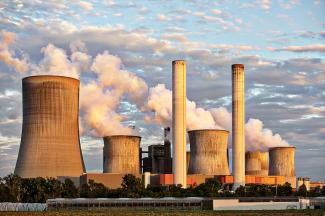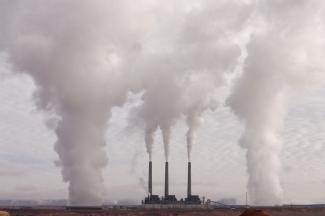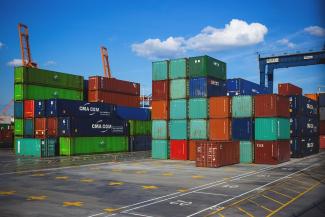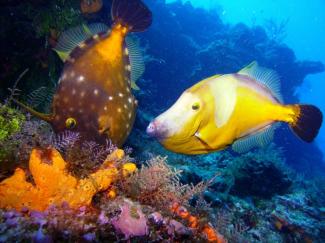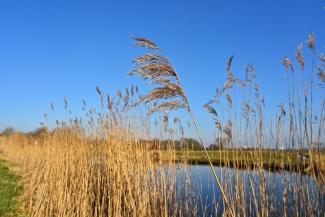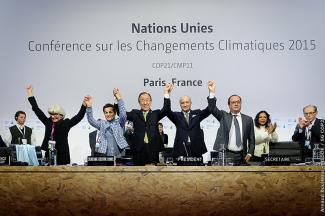A Time to Pivot, Reset, and Recommit to Core Principles

These past months have been turbulent times for my old agency, EPA. Shortly before this writing, Scott Pruitt resigned in a cloud of allegations about ethical and judgment lapses, proving once again that, in Washington, D.C., process fouls are often more undoing than policy choices. And, of course, if your policy choices are provocative, all the greater the need to, as my mother would say, “Keep your nose clean,” as the sharp knives will no doubt be out, ready to slice and dice if the opportunity is presented.

